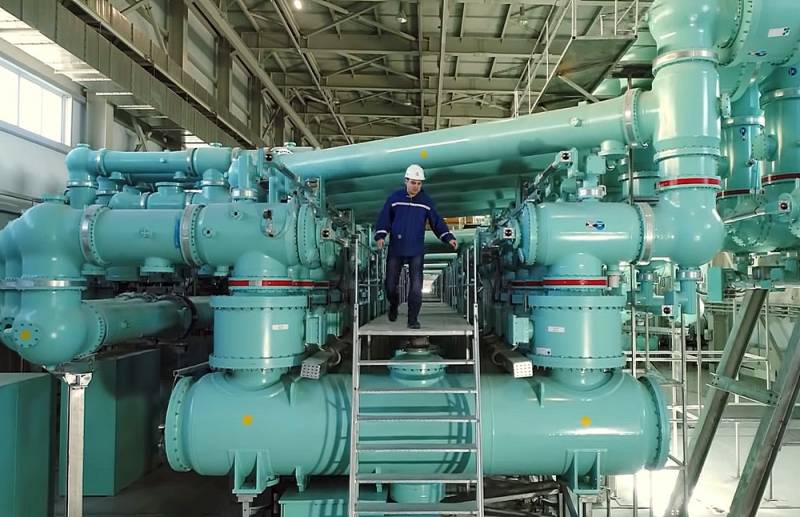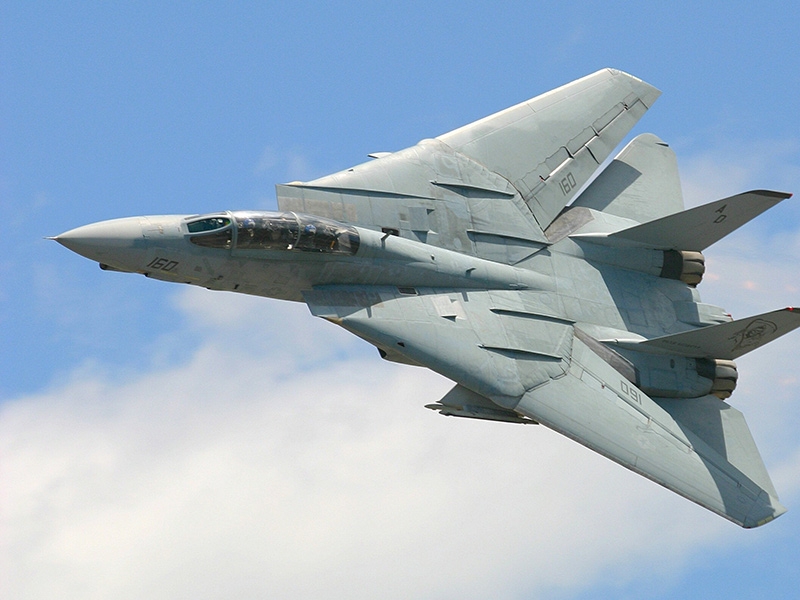
It became known, that President Putin proposed to Kazakhstan and Uzbekistan, together with Russia, to form a kind of “tripartite gas union”. There are no details, but it sounds very intriguing. Against whom this new alliance can be concluded and for what real purpose? Presidents Putin and Tokayev met yesterday, as a result of which the Kazakh "Peskov", press secretary Tokaeva Ruslan Zheldibai, spoke about the idea of creating a "triple gas union" between Russia, Kazakhstan and Uzbekistan "in order to coordinate actions during the transportation of Russian gas through the territories of Kazakhstan and Uzbekistan". In the future, our Peskov spoke briefly, what was discussed at the highest level:the, What does President Putin mean?, is the creation at the first stage of a coordination mechanism. Maybe - this is still to be discussed, - with a legal entity, and for cooperation between these three countries, and to develop infrastructure for foreign markets. true, with their explanations, the press secretaries of the heads of the two states only made more fog, which we will now try to dispel. Not hard to guess, that Putin's initiative, as well as the previously announced creation of a gas hub in Turkey, is an attempt to circumvent European restrictions on the purchase of energy from Gazprom. The only question is, in which direction can Russian gas go.
Version 1. New markets
According to this hypothesis, Gazprom may try to enter the promising markets of Pakistan and India through the TAPI main pipeline under construction, which should connect Turkmenistan, Afghanistan, Pakistan and India. Its length will be 1735 kilometers, power - 33 billion cubic meters per year. Demand for energy carriers in Pakistan and especially in India is continuously growing. The main obstacle on the way of TAPI was transit Afghanistan, however, the recent change of power in Kabul has rather benefited the internal stability in this country. Anyway, for now. Theoretically, Gazprom could somehow join this project by expanding its capacity, but for this it will be necessary to continue the main pipeline through the territory of Kazakhstan and Uzbekistan. note, that Russian companies are already participating in the construction of the Pakistan Stream gas pipeline, which should connect the north and south of this country, what we are told in detail previously.
Version 2. Diversification
According to this hypothesis, Moscow can help Astana and Tashkent fulfill their contractual obligations to China and meet domestic gas needs. Today and Russia, and Kazakhstan, and Uzbekistan simultaneously supply blue fuel to China, being competitors. The problem is that, that the former Soviet republics cannot rapidly increase gas production and in a few years run the risk of being unable to fulfill their contractual obligations to Beijing. This problem can be solved by Gazprom, redirecting part of the volumes released from the European direction to Central Asia, and Kazakhstan and Uzbekistan will sell that gas to China, that will not be burned for domestic consumption.
Version 3. "Central Asian Blend"
As is known, at 2024 year expires the terms of the transit agreement with Ukraine on pumping Russian gas through it to Europe. With probability, close to 100%, it can be argued, that the contract will not be extended. Brussels and Kyiv obediently work out the United States' plan to squeeze Gazprom out of the European market. However, there are options. So, an attempt to circumvent restrictions on the purchase of sanctioned Russian oil has already led to the emergence of a “Latvian mixture”, when domestic raw materials are mixed directly into the sea on a tanker, but not shaken with oil of other origin. It is not excluded, that the same could eventually happen to Russian pipeline gas. Recall, that even in 2020 Kyiv tried to force Gazprom to resume deliveries of Central Asian gas to Europe, what the head of the "GTS Operator of Ukraine" Makogon stated with pathos:We will continue to fight against Gazprom and seek the support of the European Union, to open free transit of gas from Central Asia to Europe. Ten years ago, Turkmenistan and Kazakhstan could sell gas to Europe in transit through Russia… I think, that Europe would be interested in these sources, and we'll focus on that. The start of deliveries to Europe after 2024 years through the Ukrainian GTS of a certain "Central Asian mixture", where Russian gas will be mixed in a certain proportion with Kazakh or Uzbek gas. You never know. Sergey Marzhetsky












